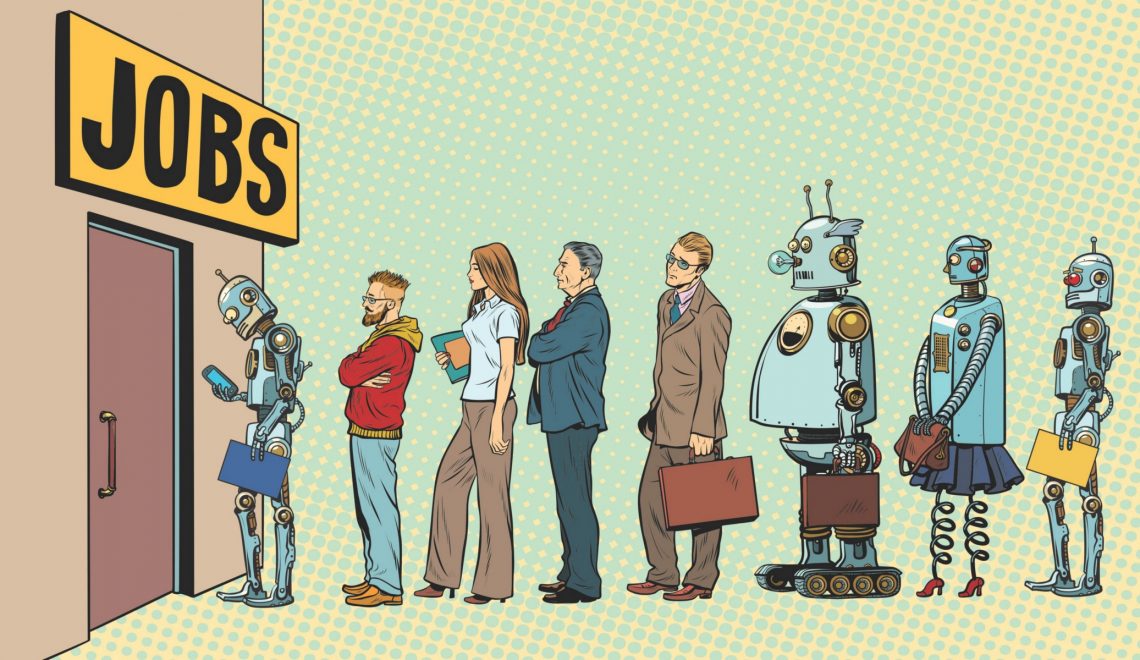
The World Economic Forum (WEF) ‘The Future of Jobs Report 2020 is out. It actually was outed in October 2020 and we seem not to have paid much attention to it. If you, like me, have not been paying attention, it is time you gave it a read. The report notes that after years of growing income inequality, concerns about technology-driven displacement of jobs, and rising societal discord globally, the combined health and economic shocks of 2020 have put economies into freefall. This income inequality has disrupted labour markets and fully revealed the inadequacies of our social (preparedness) contracts. Millions of individuals globally have lost their livelihoods and millions more are at risk from the global recession, structural change to the (world) economy and further automation.
Additionally, the Covid-19 pandemic and the subsequent recession have impacted most those communities which were already at a disadvantage. For the first time in modern history, more and more young people (read millennials) are poorer than their parents. While they may be educated, they are either in debt, or still live under the same shelter as their parents and cannot find meaningful employment. In the case of Uganda, one can see the disruption the ‘Kyagulanyi Movement’ has been causing the ruling party. Indeed the season of discontent is here and we do not seem to have answers to the challenges we face. We, the decision makers of today, were never educated for these times.
We are plumb in the middle of the fourth industrial revolution, and the pace of technological advancement, including breakthroughs in things like artificial intelligence (AI), data analytics and digitization mean that what we knew yesterday is obsolete. Because of automation, many jobs are disappearing and will continue to disappear, especially at the entry level. You can see this in all areas where tasks are repetitive and require little technical skill. In addition, the Covid-19 pandemic has meant that there is a contraction in business, a review of value chains and an inevitable downsizing. This is not about to stop. Job creation is slowing while job ‘destruction is increasing.
Another key finding in the report is the issue of skills gaps. The top skills and skill groups which employers see as rising in prominence include groups such as critical thinking and analysis as well as problem-solving, and skills in self-management such as active learning, resilience, stress tolerance and flexibility. These are skills that are hardly taught in third world country curricula. Neither do we have the teachers who can impart these 21st century skills. Most of us have been weaned on a rote learning menu and that always shows through in our reasoning. Again because of the pandemic, online learning and training are becoming more and more prominent and this is where the digital divide does us few favours.
The report includes many other critical observations that need attention but one that cannot be ignored is the role of the public sector in providing stronger support for reskilling and upskilling for at-risk or displaced workers. Perhaps in our context we should be talking about unemployed youth. There is a need to make use of public funds to support (potential) employees through reskilling and upskilling and the public sector will need to create incentives for investments to create the jobs of tomorrow and support displaced workers in the midst of job transition.
As a result of changing skills’ requirements, many knowledge based organizations are no longer recruiting on the basis of qualifications. Rather, a new set of paradigm for recruitment has been developed largely on the basis of one’s emotional and social quotient as opposed to the traditional intelligence quotient. This implies a stronger emphasis on soft skills and core behaviors like adaptability, ability to influence key stakeholders, communication skills, negotiating ability, problem-solving skills, motivation and being a team player. The future is already here, and it may not be a kind one.
Samuel Sejjaaka is Country Team Leader at Mat Abacus Business School. Twitter @samuelsejjaaka

